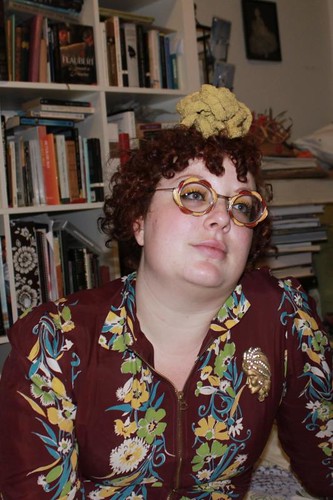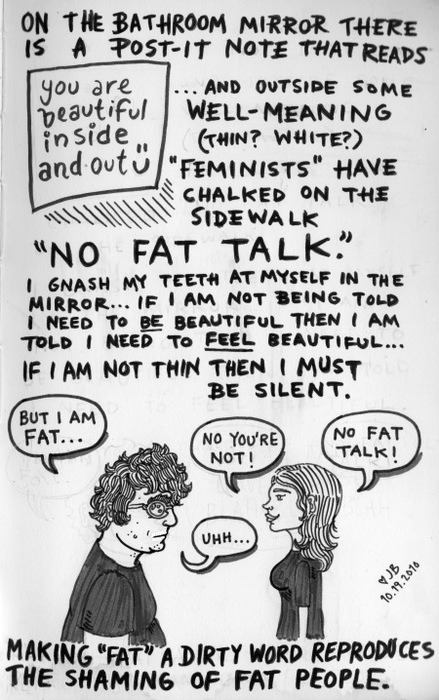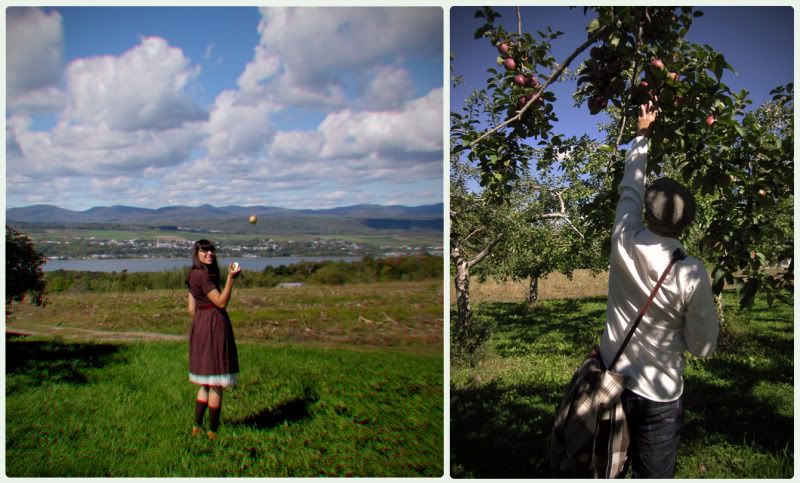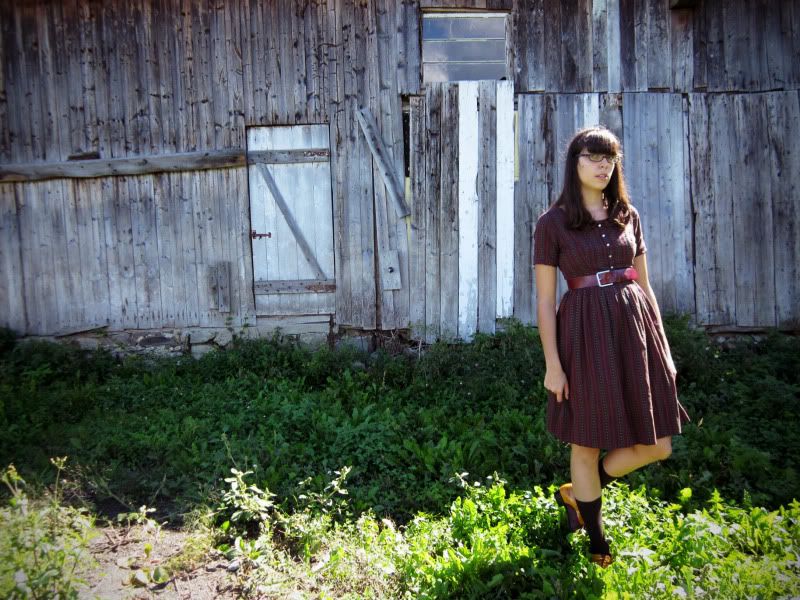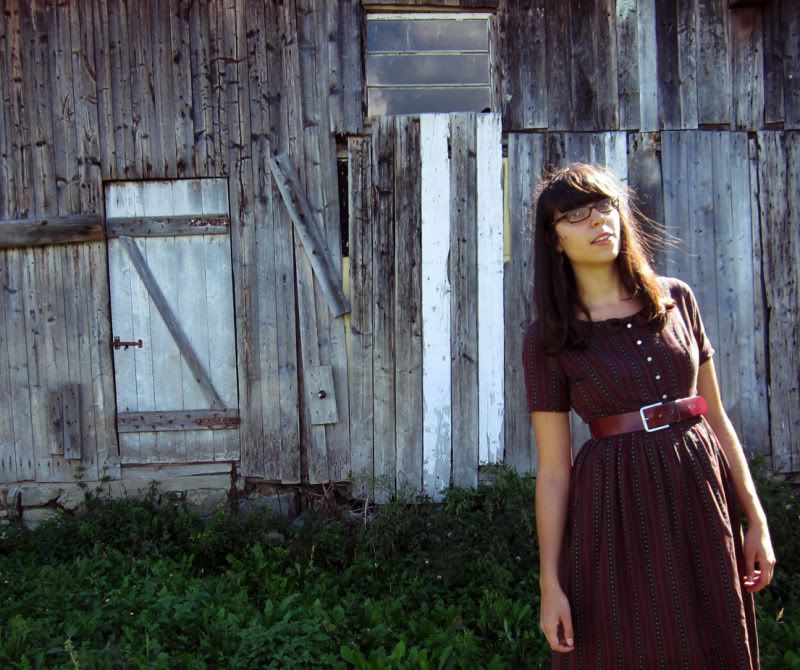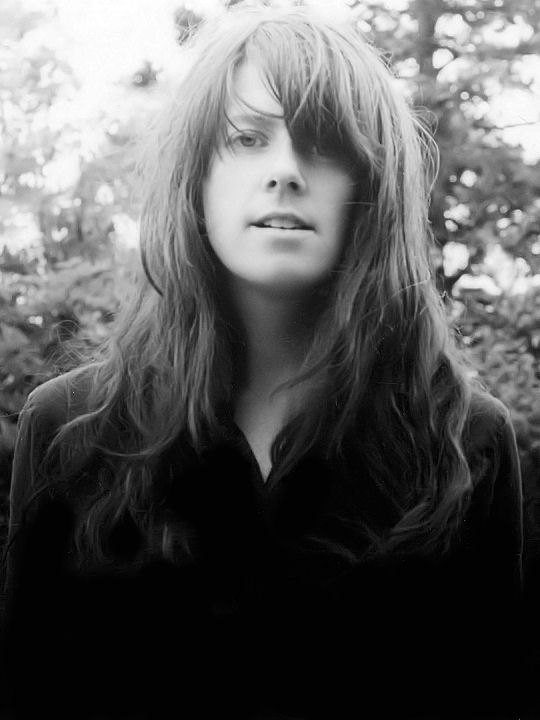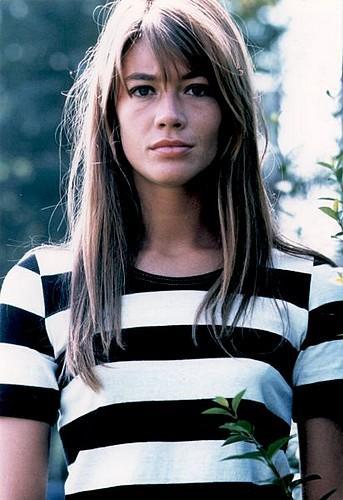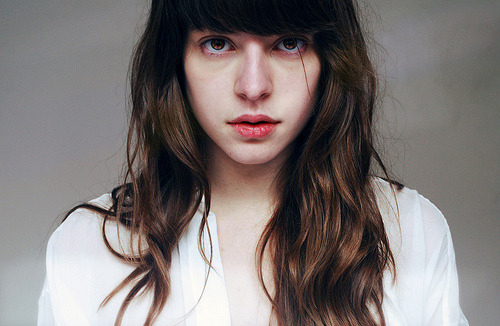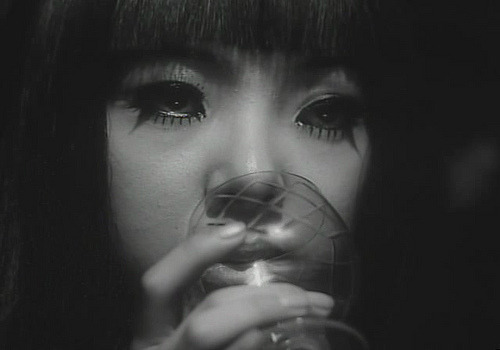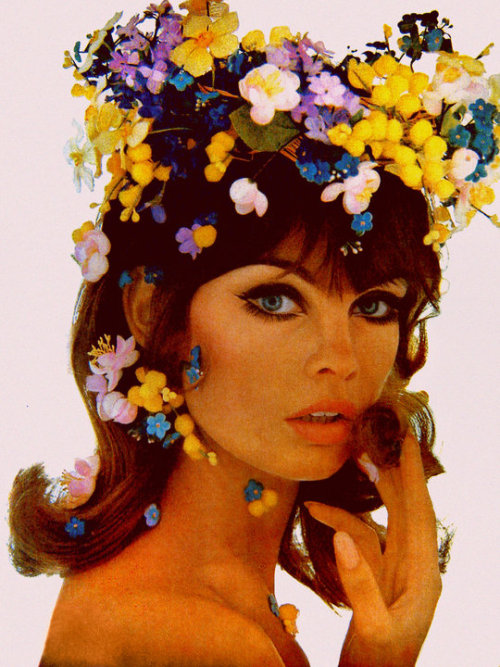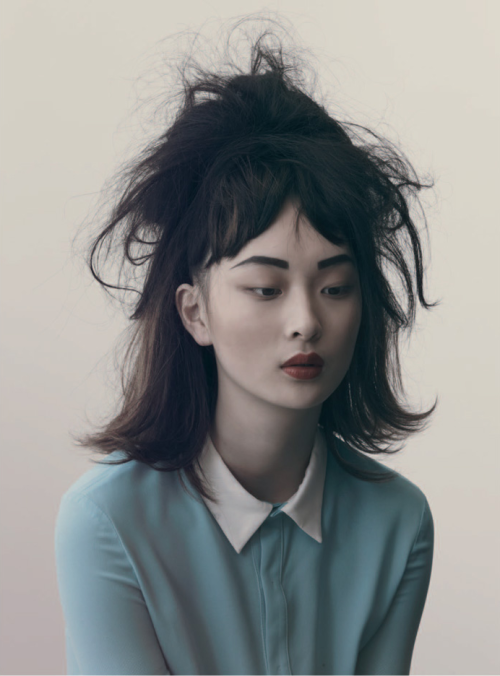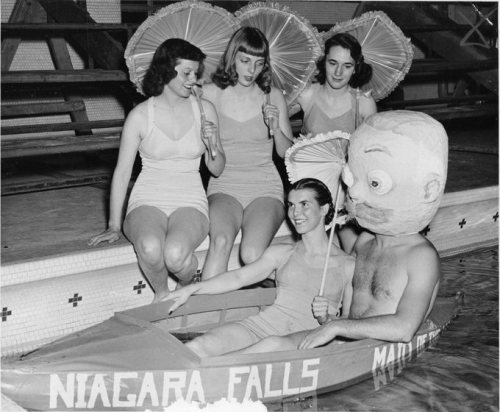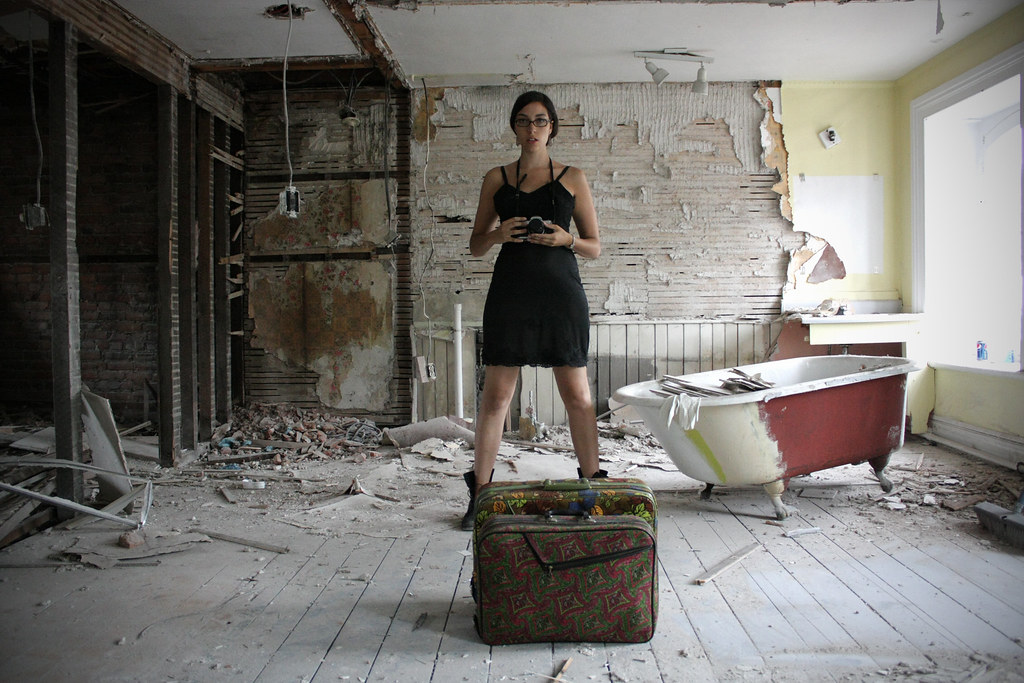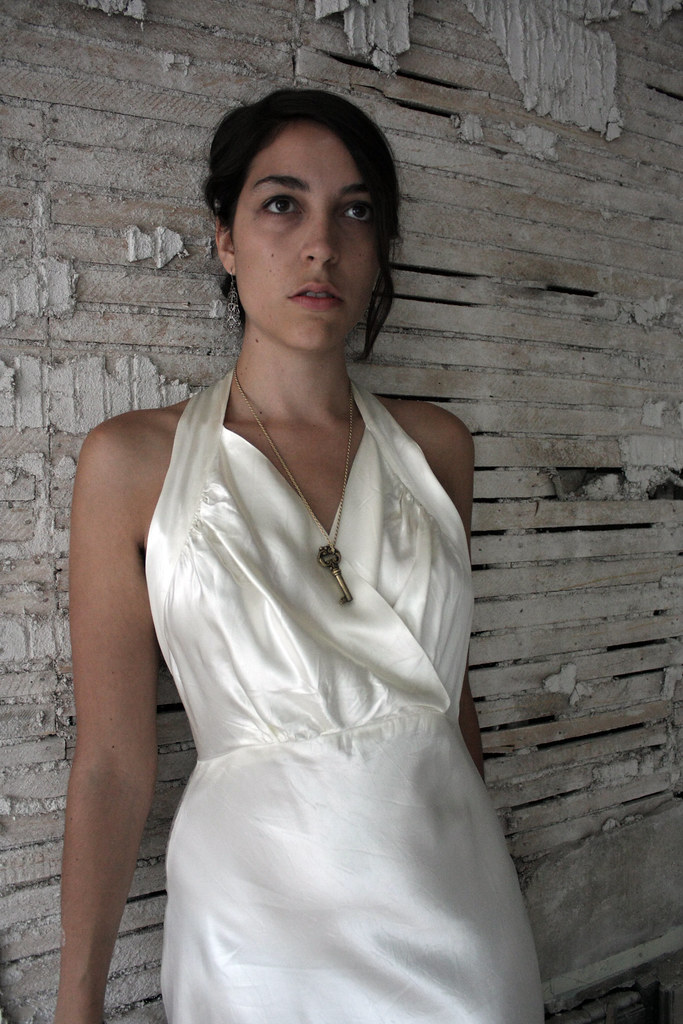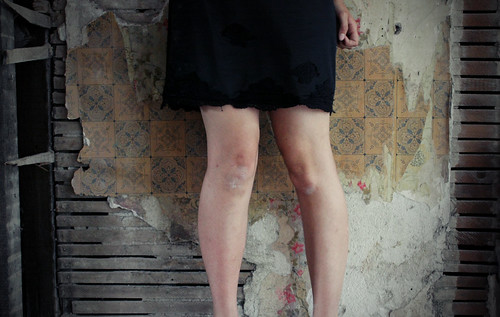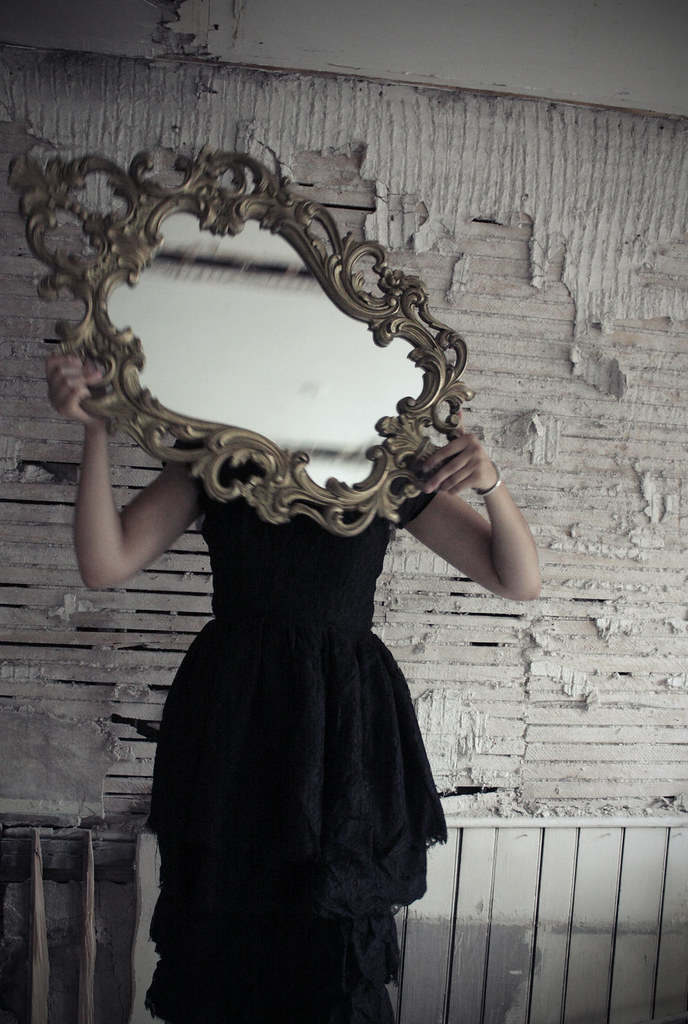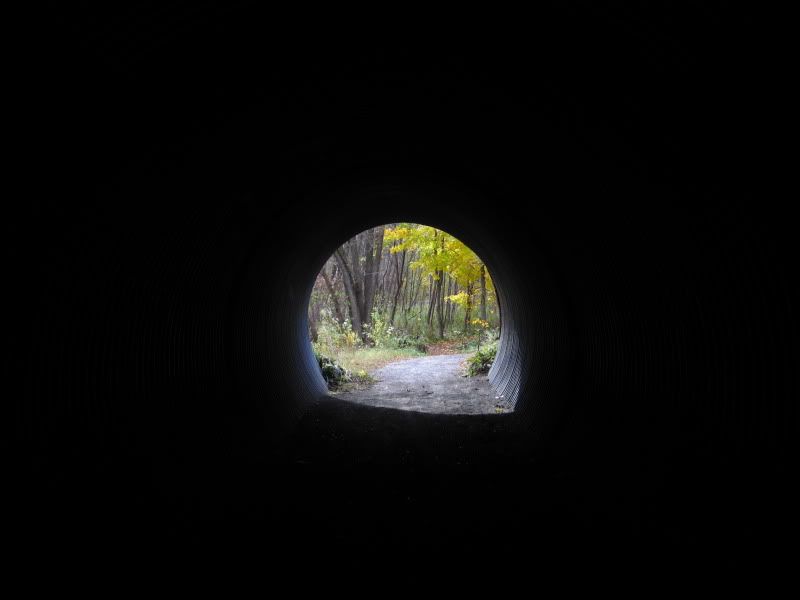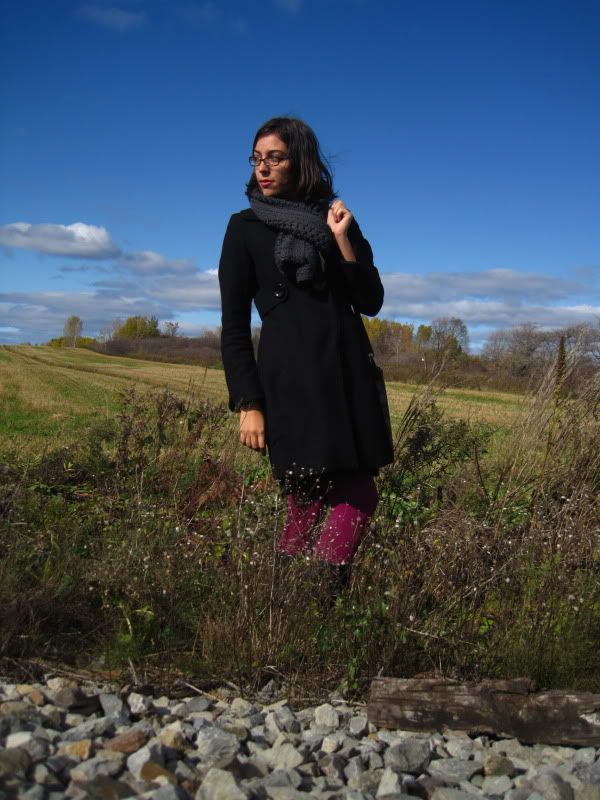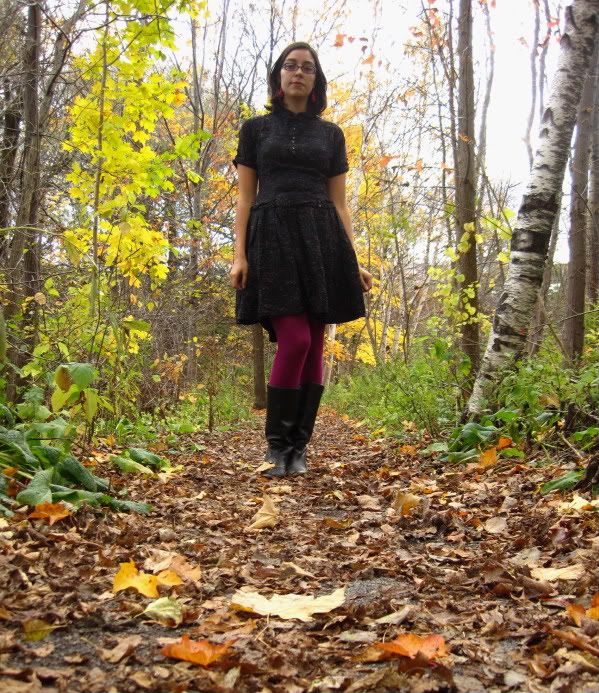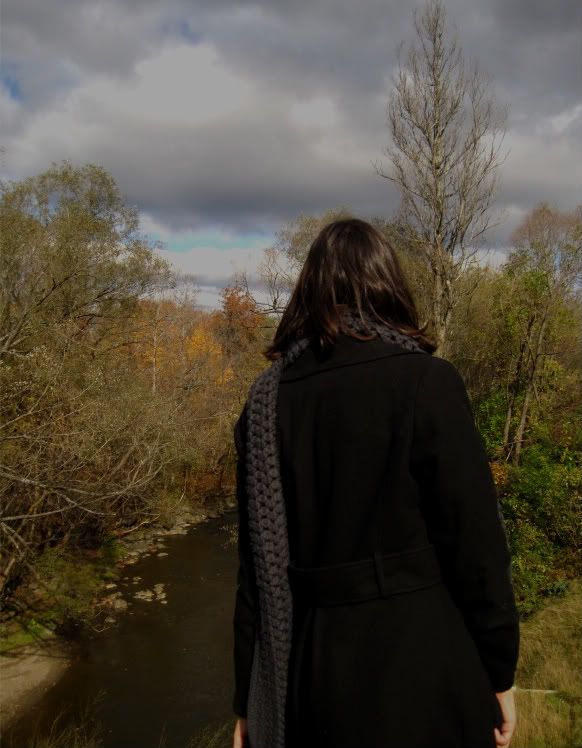
check out my new specs! my mother gave me an early birthday/christmas present: a lovely oxblood pair of burberry glasses. thank goodness, because my last pair were beyond scratched up and my prescription had changed a wee bit. i really enjoyed them but you know how it goes, even the best of glasses don't really last more than two or three years. especially when you are too broke to afford contacts and you have no choice but to wear them day in, day out.
here they are for reference:

in a perfect world, i would be able to find a pair of vintage cateye glasses that comfortable fit me, or would have enough money to splurge on a pair from urban spectacles. i think these would suit me quite nicely:

i do have a pair of vintage frames but with clear lenses, but they are a little broken and a little too small for me. here's a picture from when i first got them in winter 2009:

but this post isn't about me! it's about women who wear glasses in general. it's only recently that i've really started to enjoy wearing glasses 24/7 (well, aside from the time spent sleeping, of course). i have a lot more theoretical ideas about women and glasses but those are thoughts we can flesh out another time. here are some photos of women who wear glasses exquisitely well:
The woman who wears glasses constitutes one of the most intense visual clichés of the cinema. The image is a heavily marked condesation of motifs concerned with repressed sexuality, knowledge, visibility and vision, intellectuality, and desire.
The woman with glasses signifies simultaneously intellectuality and undesirability; but the moment the removes her glasses (a moment which, it seems, must almost always be shown and which is itself linked with a certain sensual quality), she is transformed into spectacle, the very picture of desire. Now, it must be remembered that the cliché is a heavily loaded moment of signification, a social knot of meaning. It is characterized by an effect of ease and naturalness. Yet, the cliché has a binding power so strong that it indicates a precise moment of ideological danger or threat — in this case, the woman’s appropriation of the gaze. Glasses worn by a woman in the cinema do not generally signify a deficiency in seeing but an active looking, or even simply the fact of seeing as opposed to being seen. The intellectual woman looks and analyses, and in usurping the gaze she poses a threat to an entire system of representation.
from Mary Ann Doane, “Film and the Masquerade: Theorizing the Female Spectator”


the girl from hk, ldn & sf
it was so hard to just pick one picture of her, she has so many lovely frames!
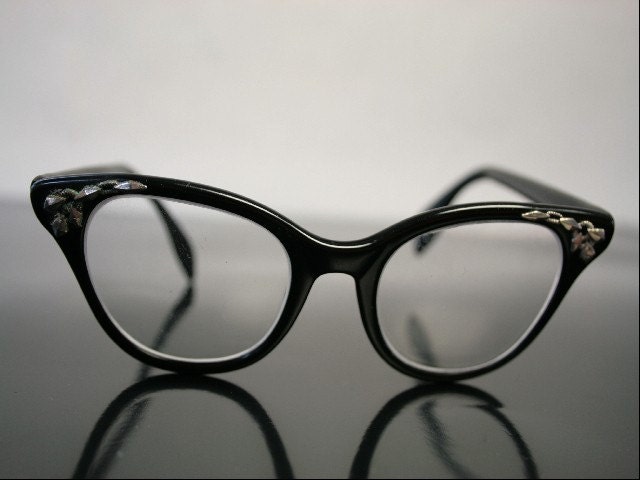
one day you will be mine, perfect cat eye frames that are in my price range.
from framesbaby
from framesbaby


